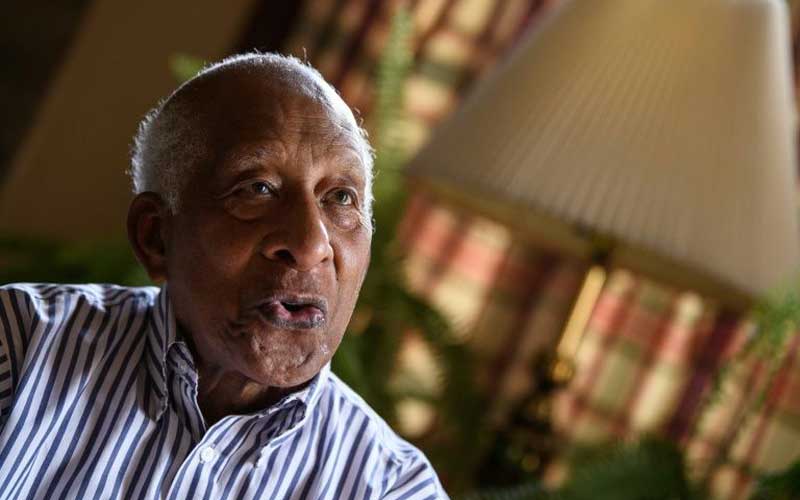×
The Standard e-Paper
Smart Minds Choose Us

Dan Smith, 88, represents a living link to the nation's dark past: his father Abram was born a slave, 157 years ago. [AFP]
At 88, Dan Smith has witnessed some of the defining moments in America's fraught battle for racial equality.